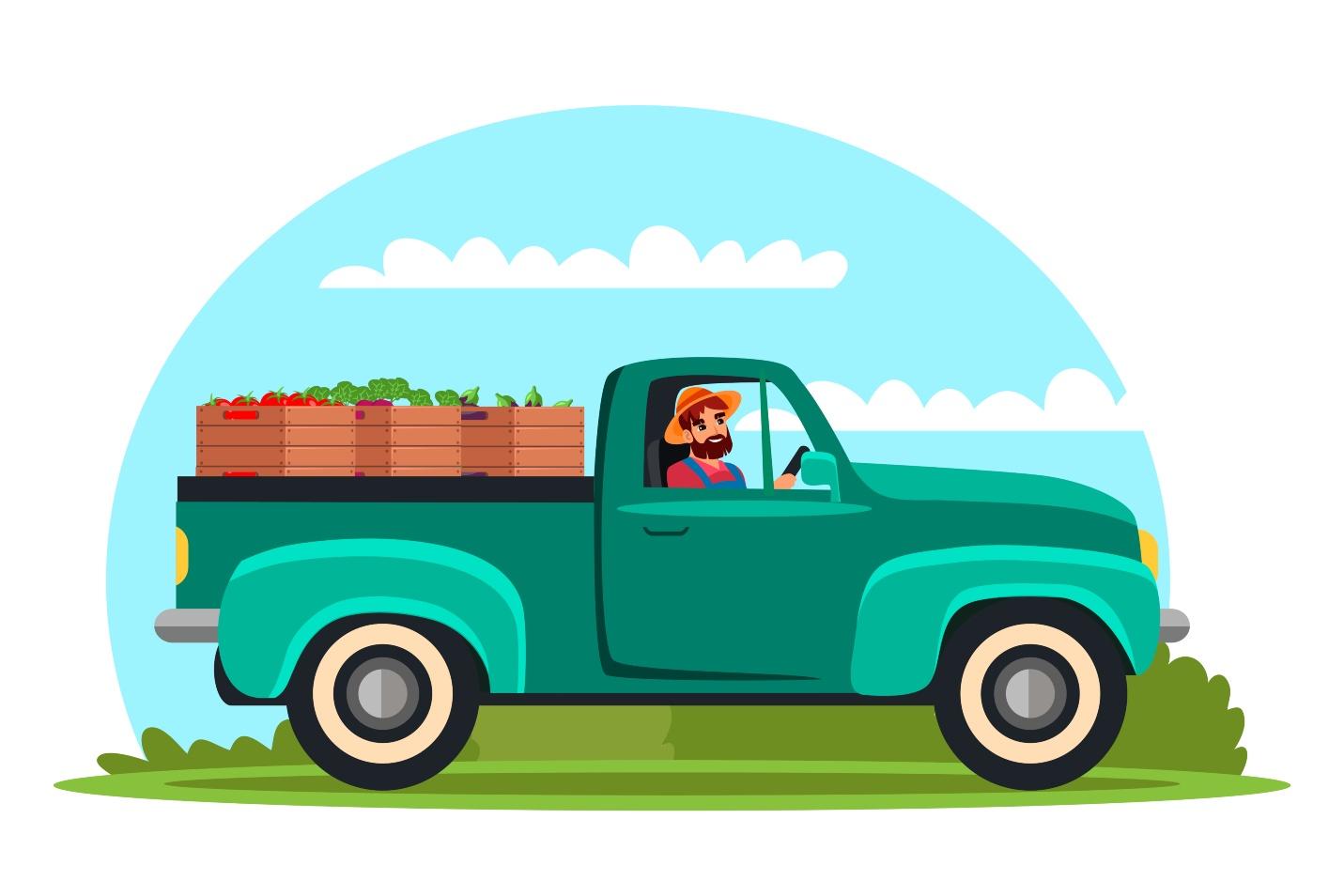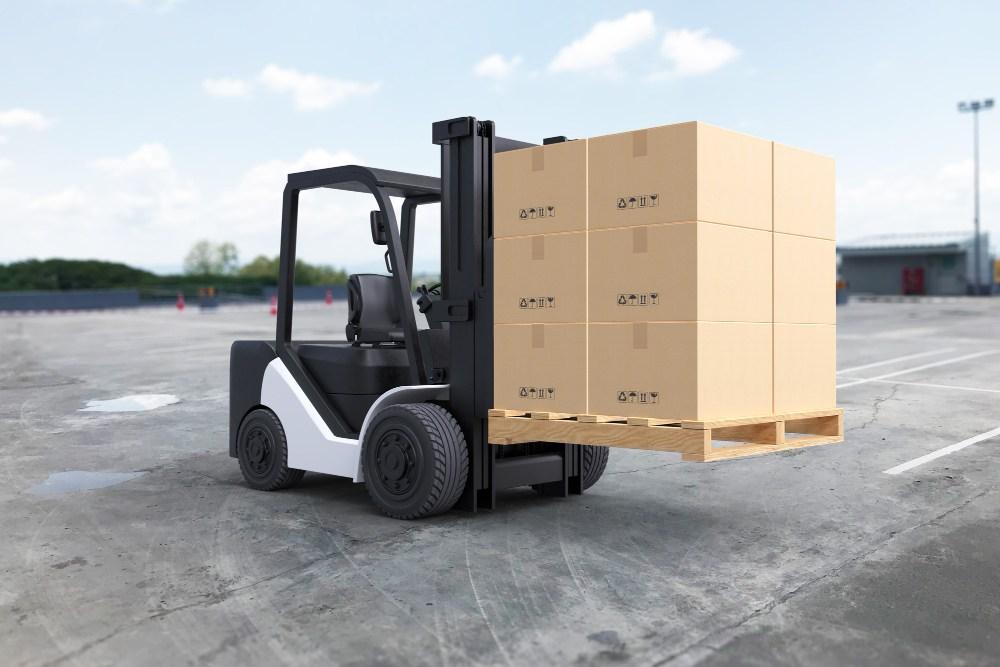Any farm requires a trailer for hauling harvests and equipment. A livestock trailer is one of the most common types of trailers. Farmers should also know their state’s weight limits. Use a pocket knife to check the metal for rust. Also, check the flooring of the trailer for protrusions that could injure an animal. The right trailer can make a difference for your livestock and farm supplies. Stock trailers are good multipurpose options safe for different species and long or short trips.
Table of Contents
Size
A farm trailer for sale comes in various sizes to accommodate any cargo need. This includes everything from animal feed to bales of hay and farm equipment. This is a trendy choice for businesses because it allows them to transport multiple pieces of equipment simultaneously. The largest of the different types of farm trailers is the equipment or heavy equipment trailer. This is the most durable option and can support weights up to twice that of other types. It is also the most expensive. Another option is the hopper trailer, which holds bulk materials like grain, dirt, sand, and fertilizer. This trailer requires a semi-tractor for towing and can be used as a storage or vehicle for any bulk cargo. Finally, the enclosed trailer is closed on all sides, offering more protection for your haul. This is an excellent option for hauling household appliances, workout equipment, tools, or furniture and will keep your belongings safe while on the road. Another consideration is the length of a trailer. This can be especially important when it comes to ensuring compatibility with tractors. The braking system should be compatible with the speed at which the trailer travels, as this can prevent premature tractor brake wear. A sprung/suspended trailer axle can also reduce tire wear and increase the turning ability of the trailer.
Weight
Farm trailers come in various sizes to help farmers transport various types of goods and supplies from one location to another. The trailers are also equipped with various features to assist the farmers in commuting. The weight of a trailer depends on its type and construction. For example, a bumper pull or gooseneck trailer built to haul cars may be heavier than a similar trailer constructed to carry livestock. The type of trailer you choose should be based on your specific needs and the weight capacity of your vehicle. The popularity of fuel trailers has grown in recent years as farms continue to expand. The trailers are a convenient way for farmers to keep a supply of fuel on hand to keep their tractors and other equipment running. In addition, they eliminate the need to travel long distances to find a gas station or other stationary fuel source. Fuel trailers can be customized with a toolbox, air compressor, welding station, and other necessary tools to make them even more efficient. They can be towed by many of the identical vehicles used to tow other agricultural equipment.
Floor
Small animal trailers are the perfect solution when you need reliable transportation for your livestock but don’t need a full-size rig. Fuel trailers are more than just a way to top off tractors and combine tanks — they’re mobile workstations. Often customized with a toolbox, welding station, air compressor, and more, these trailers are essential tools for any farm. They’re rated to withstand heavy loads and bad road conditions and can be attached to the rear of any tractor.
Roof
Modern agricultural trailers must withstand inadequate road covering, high loads, and increasing transportation distances. Therefore, the chassis must be rated to meet these demands. It should also be durable and easy to use. One example is a fuel trailer, which is more than just a place to top off a tractor or combine; it’s also a fully functional workstation. This trailer is a farm worker’s best friend, customized with a toolbox, welding station, air compressor, and more.
Towing Capacity
The maximum weight your trailer is rated to haul is its towing capacity. It’s typically outlined in the manufacturer’s owner’s manual or towing guide and is meant to be a safe estimate under ideal circumstances. Depending on the type of trailer, towing capacity can vary significantly from one vehicle to another. If you plan on towing a heavy load regularly, look for a trailer rated above your maximum towing capacity. Overloading can damage your truck and trailer and create a safety hazard for you and other drivers on the road. Other trailer features include a load leveler, adjustable rear air shocks, sway stabilizers, and overhead clearance lights. A load leveler distributes the tongue weight between the trailer axles and your vehicle’s rear truck axle to balance everything for easier control and a smoother ride. Sway stabilizers help your trailer track straight in high winds. And overhead clearance lights let other drivers know you have a large trailer behind you. These simple features can make a difference in your comfort and safety on the road.
Also Read – Charmed: 4 Reasons the TV Show is at the Top of the Global Charts




